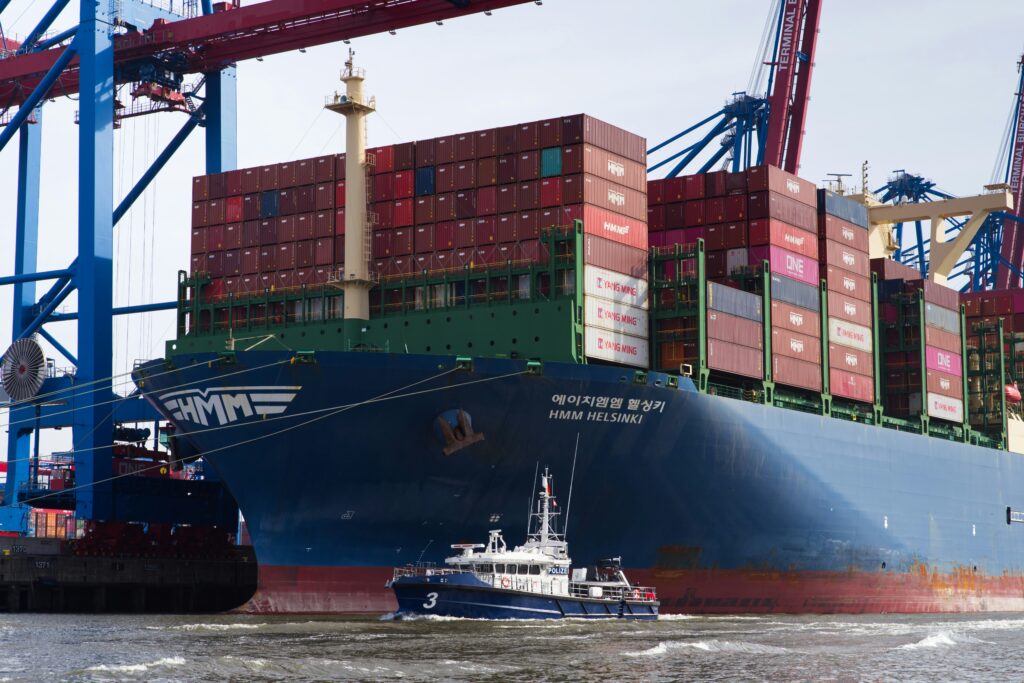
In today’s interconnected global economy, wars and conflicts, even those taking place far from home, can have direct and indirect consequences on national economies. The impact of Ukraine and Gaza war on Indian economy is a prime example of how external geopolitical turmoil affects domestic financial stability, trade, energy prices, investment trends, and public sentiment.
While Ukraine lies in Eastern Europe and Gaza in the Middle East, the fallout from these regions has reached Indian shores in the form of supply chain disruptions, rising inflation, energy insecurity, and currency fluctuations. Let’s explore how the impact of Ukraine and Gaza war on Indian economy is manifesting in different sectors and what it means for the country’s future economic planning.
Energy Security and Fuel Costs: Key Impact of Ukraine and Gaza War on Indian Economy

India relies heavily on imported oil and gas, much of which comes from the Middle East and Russia. The war in Ukraine led to sanctions on Russia, disrupting the global energy market and pushing up crude oil prices. India, being one of the world’s largest oil importers, has faced a steep rise in fuel bills.
At the same time, the Gaza conflict has caused instability across the Middle East, raising fears of supply chain blockages and port shutdowns. These issues have intensified the impact of Ukraine and Gaza war on Indian economy, particularly in the form of:
- Higher transportation costs
- Increased input costs for manufacturing
- Inflation in food and essential commodities
- Increased fiscal pressure due to government fuel subsidies
While India managed to mitigate some effects by purchasing discounted Russian oil, the volatility continues to affect economic planning and budgeting.
Global Trade Disruptions and Import Challenges.

The impact of Ukraine and Gaza war on Indian economy also includes trade route disturbances and supply chain challenges. The Black Sea, which is a crucial passage for Ukraine’s exports of grain, sunflower oil, and fertilizers, became a warzone. Indian importers have had to search for alternate suppliers, often at higher prices.
Similarly, the Gaza conflict has caused insecurity along shipping routes in the Red Sea and Suez Canal. Indian exports and imports especially from Europe and North Africa have been delayed or rerouted, increasing costs and delivery times. The key challenges include:
- Delays in import of fertilizers and raw materials
- Costlier shipping and insurance premiums
- Reduced export competitiveness due to rising overheads
These trade uncertainties are a major impact of Ukraine and Gaza war on Indian economy, affecting both small exporters and large manufacturing industries.
Currency Depreciation and Financial Market Reactions
One of the less visible but deeply impactful consequences has been the depreciation of the Indian rupee. Whenever there is global geopolitical tension, foreign investors tend to pull money out of emerging markets, and India is no exception. The result? The rupee weakens against the US dollar.
This has a compounding impact of Ukraine and Gaza war on Indian economy, because:
- Import costs rise, especially for oil and electronics
- Interest rates fluctuate as the RBI tries to control inflation
- Market confidence drops, affecting stock indices and investments
Investors adopt a cautious approach, and this risk aversion slows down capital flow into India’s infrastructure, startups, and key growth sectors.
Foreign Policy Balancing and Diplomatic Implications

Another strategic impact of Ukraine and Gaza war on Indian economy comes from India’s foreign policy realignments. India has tried to walk a diplomatic tightrope buying oil from Russia despite Western sanctions, while also maintaining friendly relations with the US and EU.
This balancing act affects trade negotiations, diplomatic funding, defense alliances, and global business perceptions. India’s long-term strategic interests in the Middle East especially trade ties with UAE, Saudi Arabia, and Israel are now more delicate, as the Gaza conflict continues to escalate.
Any perceived alignment or shift in foreign policy can influence how international investors view India’s stability, which further amplifies the economic risks.
Fertilizer and Food Security Concerns in Agriculture
Ukraine and Russia are major exporters of fertilizers, including potash and urea both of which are essential for Indian agriculture. The war in Ukraine has resulted in restricted fertilizer supplies and price surges. This has led to:
- Higher costs for Indian farmers
- Reduced crop yield and agricultural output
- Government needing to increase subsidy spending
The impact of Ukraine and Gaza war on Indian economy in the agricultural sector doesn’t stop at fertilizers. Disruptions in the global food supply chain have pushed up global prices for wheat, maize, and oilseeds. While this opened some export opportunities for India, it also led to higher prices at home.
Tourism Industry and Remittances Affected

Millions of Indian expatriates work in Gulf countries such as UAE, Qatar, and Saudi Arabia. Any escalation of violence in the Middle East could endanger their jobs, reduce remittances, or even trigger repatriation. The impact of Ukraine and Gaza war on Indian economy through remittance channels is often underestimated but highly significant.
Additionally, the tourism industry especially international travel continues to suffer due to uncertain air routes and regional instability. With many flights avoiding conflict zones, travel time and costs have increased, making India a less attractive destination for international tourists.
Rising Defense Expenditure Amid Global Unrest
India has increased defense spending in response to growing global instability. This includes modernizing military infrastructure, enhancing cybersecurity, and increasing troop presence along borders. While this strengthens national security, it also diverts public funds from other essential sectors like healthcare, education, and rural development.
The impact of Ukraine and Gaza war on Indian economy in this context is long-term. Increased defense spending may stimulate specific industries (like defense manufacturing), but it could also strain fiscal resources if not managed wisely.
Investor and Consumer Sentiment Under Pressure
Geopolitical tensions have a profound psychological impact on economies. Uncertainty leads to reduced investment activity, both from foreign and domestic investors. At the same time, Indian consumers may cut back on discretionary spending, fearing job losses or inflation.
The impact of Ukraine and Gaza war on Indian economy in this dimension includes:
- Slower economic recovery post-pandemic
- Decreased retail growth and automobile sales
- Lower real estate and infrastructure investments
As businesses and individuals become more conservative with spending and investing, the overall economic momentum can weaken.
Resilience, Adaptation, and the Way Forward
Despite the numerous challenges, India has shown resilience in navigating the impact of Ukraine and Gaza war on Indian economy. By securing alternative energy sources, pushing for domestic manufacturing (Atmanirbhar Bharat), and strengthening trade ties with non-traditional partners, India is working to minimize its vulnerability to global shocks.
Key steps that can further buffer the economy include:
- Diversifying energy import sources
- Building domestic capacity in fertilizers and defense equipment
- Strengthening logistics and port infrastructure
- Expanding trade agreements with Africa, Southeast Asia, and Latin America
Conclusion: Understanding the Full Impact of Ukraine and Gaza War on Indian Economy
The impact of Ukraine and Gaza war on Indian economy is a multifaceted issue that extends beyond direct trade or energy costs. It influences inflation, foreign policy, agriculture, investment climate, defense strategy, and even public sentiment. While India has taken several measures to reduce its exposure to these global risks, the road ahead demands continued strategic planning and international cooperation.
As conflicts persist, so does uncertainty. For India to thrive amid global upheaval, it must enhance economic resilience, develop robust crisis-management frameworks, and foster innovation across key industries. Understanding and preparing for the impact of Ukraine and Gaza war on Indian economy is not just about reacting to crises it’s about shaping a future-proof economy in an unpredictable world.
Watch: https://en.wikipedia.org/wiki/Geography_of_Israel
Also watch: https://ontheworldmap.com/palestine/gaza-strip/

